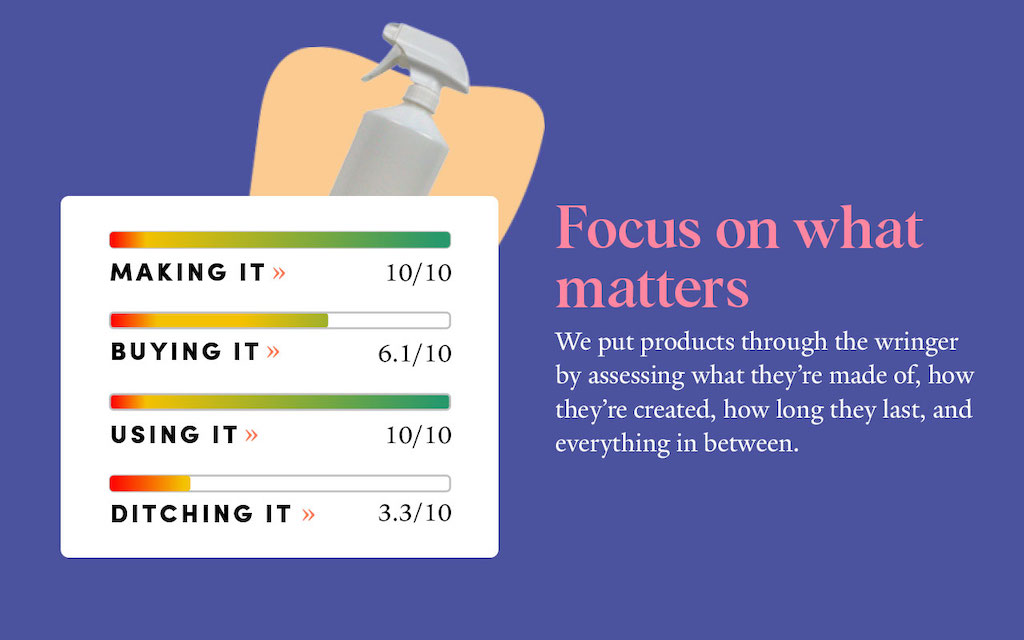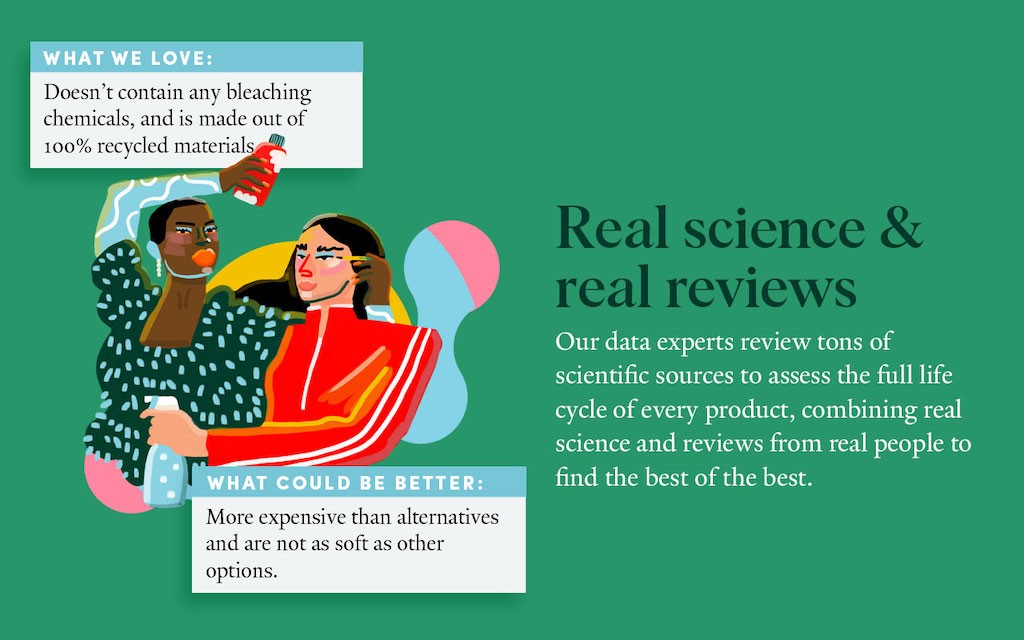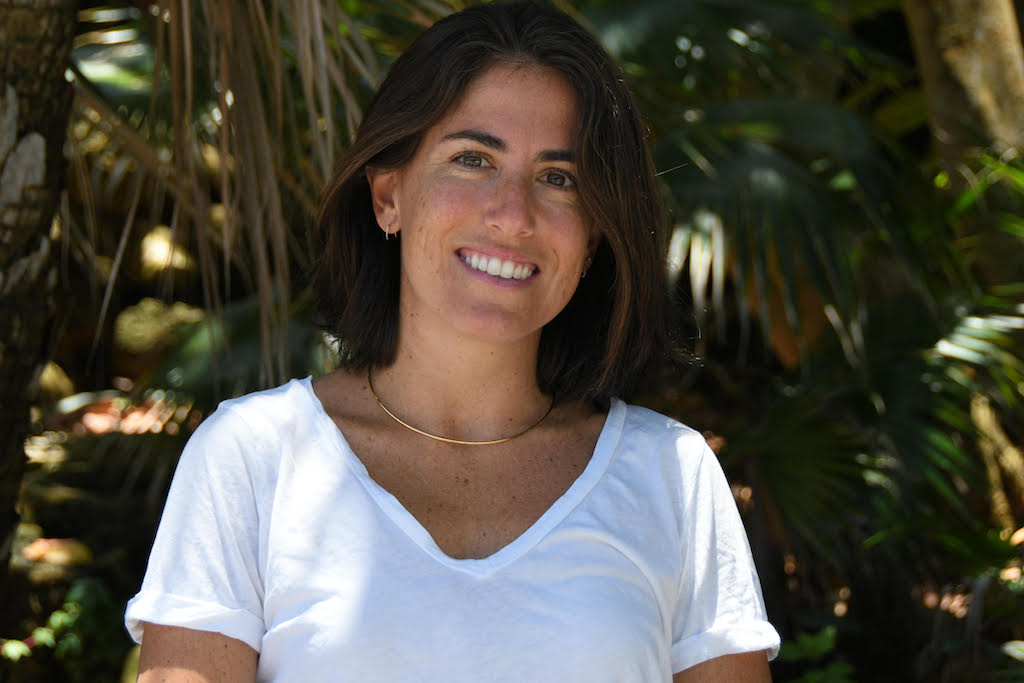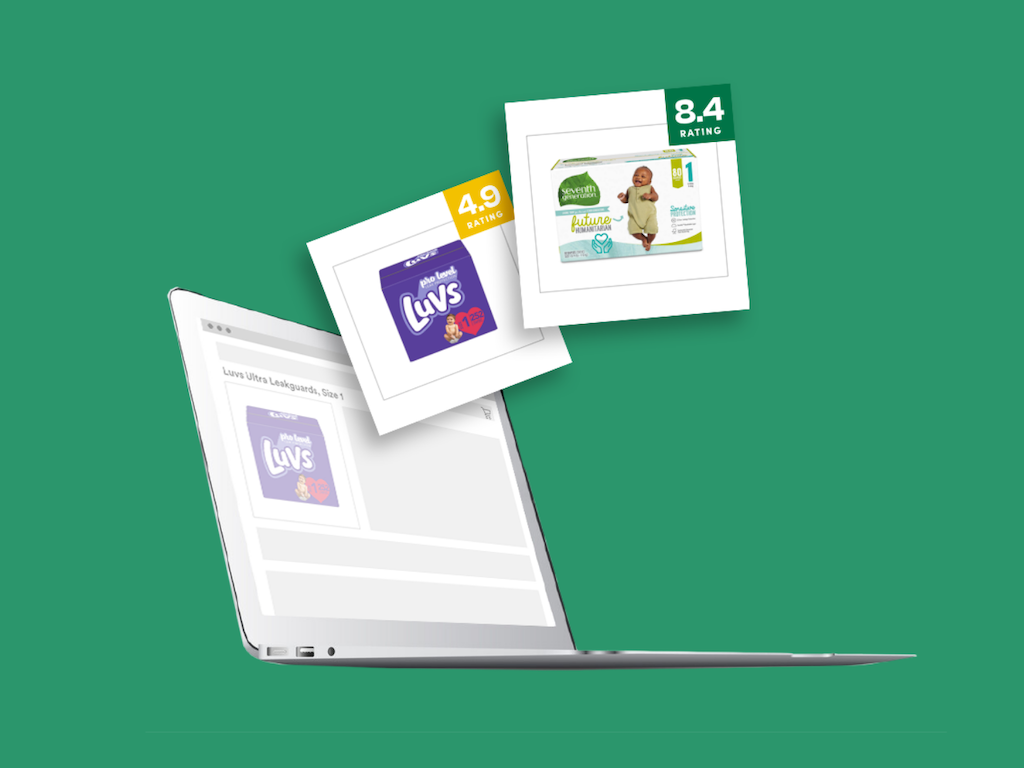3 Mins Read
Being a conscious consumer can be time-consuming. Sifting through thousands of products, reading ingredient labels, and googling what a paraben or copolymer really is. But now, there’s a browser extension that can simplify the entire process. It compiles all the data for you and ranks the sustainability of products sold on Amazon.
Called Finch, the online tool is free to use for anyone doing some online shopping on Amazon in the U.S. It’s a simple browser extension that ranks the sustainability of products on the platform from 1 to 10. The ranking takes into account the full life cycle of the product, as well as the brand’s company practices and user feedback.
A comprehensive score
Finch’s scoring is 90% automated by its algorithm and 10% manual. On the computational side, the company aggregates all the scientific data on the products. It then compares it to other items within the same category.

Five metrics are used to measure the life cycle of a product, from materials and manufacturing, to transport, availability and cost, product use and lifespan, and finally, its end-of-life. Finch also factors in user feedback to generate a final score that offers users the best product in terms of both sustainability and functionality.
On the manual side, Finch’s analysts do their own additional research into company practices and product profiles. They draw their data on businesses’ self-reported figures, as well as NGO and academic reports. All this gets fed into their machine learning model before generating the final ranking.

Simplifying the science
Lizzie Horvitz, the founder and CEO of Finch, says the whole concept behind the tool is to “simplify the science”. She’s dubbed the browser extension as a “bullsh*t detector” to help consumers decode what companies are claiming, the ingredients they’re using, and how their choices can make a difference to the planet.
“For nearly twenty years, I’ve devoted my life to the fight against climate change,” she says. Horvitz was previously a part of Unilever’s sustainability division and worked as COO of the reusable container startup Muuse. “All the while, friends and family have peppered me with questions about the sustainability of consumer goods.”

Horvitz says that Finch can break down all this information and provide reliable, easy-to-digest information that empowers consumers when they shop. Beyond ranking items on Amazon, it also offers users “Wise Guides” to provide advice on specific categories of products, from kitchen paper towels to shampoo and conditioners.
Consumer impact
What all of this will boil down to is greater demand for brands to become more sustainable and accountable. While acknowledging that far more needs to be done to solve the climate and waste crisis we’re in, Horvitz believes that every individual’s choices can add up to make a big difference.
“At the end of the day, consumerism in any form won’t solve the problem,” she says. “But I firmly believe that we all have a role to play.”
“Understanding the science of sustainability gives control back to people as citizens, not just as consumers.”
All images courtesy of Finch.




